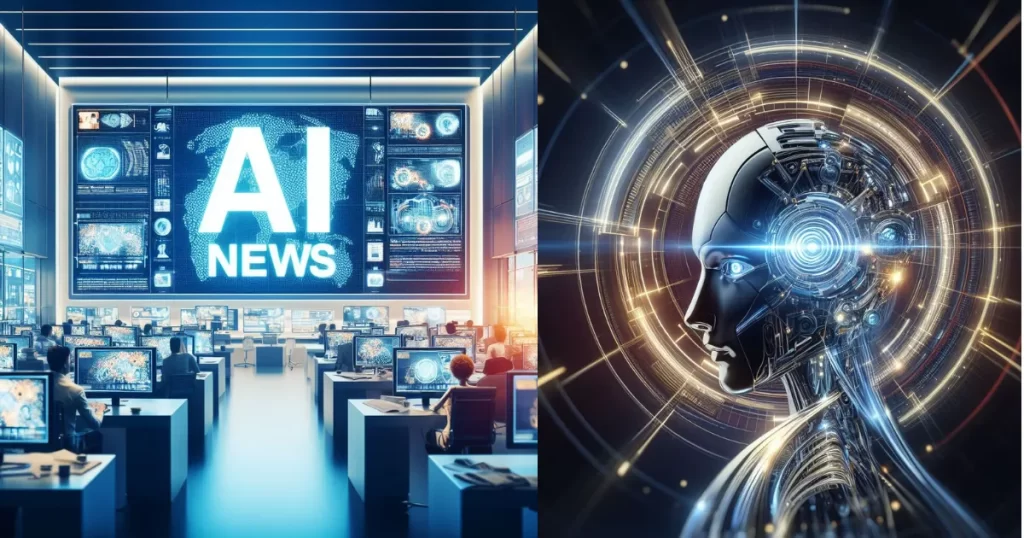AI agents are the next generation of artificial intelligence technology, meant to do tasks for users with minimum supervision. Unlike chatbots such as ChatGPT, which respond to inquiries via text, AI agents do activities in the actual world. Companies such as OpenAI, Google, Microsoft, and Salesforce are developing this technology with the goal of improving the efficiency of systems in healthcare, robotics, gaming, and other areas.
For example, Google’s Project Mariner, an AI agent built into the Chrome browser, may help with things like online shopping. In a demonstration, it planned a dinner, loaded groceries into a cart, and even sought alternatives for unavailable goods. However, human consent was necessary to complete the acquisition. This mirrors a larger trend: while AI bots can do many tasks autonomously, humans are still required for ultimate choices.
What Are AI Agents?
AI agents are technologies that learn about their surroundings and solve issues or complete tasks based on basic instructions from humans. They can range from simple instruments like a smart thermostat that regulates the temperature depending on predetermined settings to more advanced equipment like robot vacuums that map a space and clean effectively.
More advanced AI agents, known as utility-based agents, consider risks and rewards while deciding how to respond. These systems may even balance competing objectives, making judgments based on user preferences. When making travel reservations, they may emphasize a user’s money above speed.
How do they differ from chatbots?
While chatbots generally reply to user input through text, AI agents conduct actions on their behalf. These acts might involve organizing schedules, purchasing products online, or performing administrative duties. AI agents are meant to work autonomously for lengthy periods of time, with the potential to revolutionize how organizations and individuals conduct mundane activities.
Researchers see AI agents as a precursor to artificial general intelligence (AGI)—systems capable of learning and completing a wide range of activities across several domains. In contrast, most existing AI systems, termed as “narrow AI,” are restricted to certain areas such as chess or answering questions.
Challenges and Risks.
Despite their potential, AI agents pose hazards and problems. For example, they need access to sensitive data such as emails, calendars, and browser history to function properly. This raises worries regarding data privacy and security, as breaches may reveal personal information. Furthermore, AI agents are not immune to blunders. They may make judgments that users don’t agree with or that have unexpected repercussions.
Developers are addressing these issues by including people in key choices. For example, in Project Mariner, customers must authorize transactions and agree to service conditions. This “human-in-the-loop” technique reduces errors and assures accountability.
Bias is another issue. AI agents, like other AI systems, might be biased due to training data or methods. Human engagement can help detect and rectify biased conclusions before they have real-world consequences.
The Road Ahead
The future of AI agents is dependent on how well developers solve these difficulties. If they can demonstrate their dependability, efficiency, and safety, AI agents have the potential to change industries and daily life. However, their acceptance will most likely be determined by consumers’ comfort level with providing personal data and relying on AI systems to make judgments.
This post is based on observations from Brian O’Neill, Associate Professor of Computer Science at Quinnipiac University, which were published in The Conversation under a Creative Commons license. You can check out the full article here.

I’m Voss Xolani, and I’m deeply passionate about exploring AI software and tools. From cutting-edge machine learning platforms to powerful automation systems, I’m always on the lookout for the latest innovations that push the boundaries of what AI can do. I love experimenting with new AI tools, discovering how they can improve efficiency and open up new possibilities. With a keen eye for software that’s shaping the future, I’m excited to share with you the tools that are transforming industries and everyday life.

